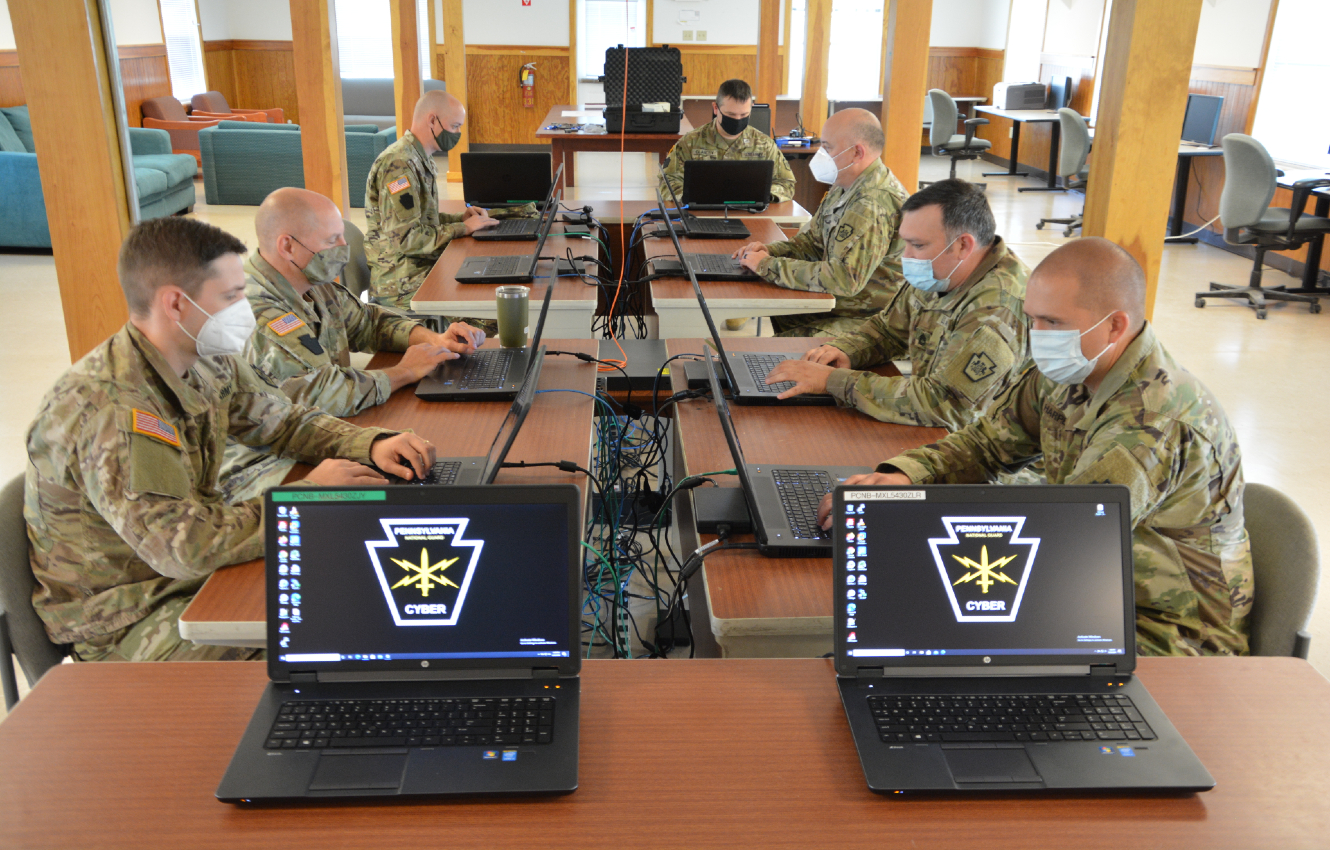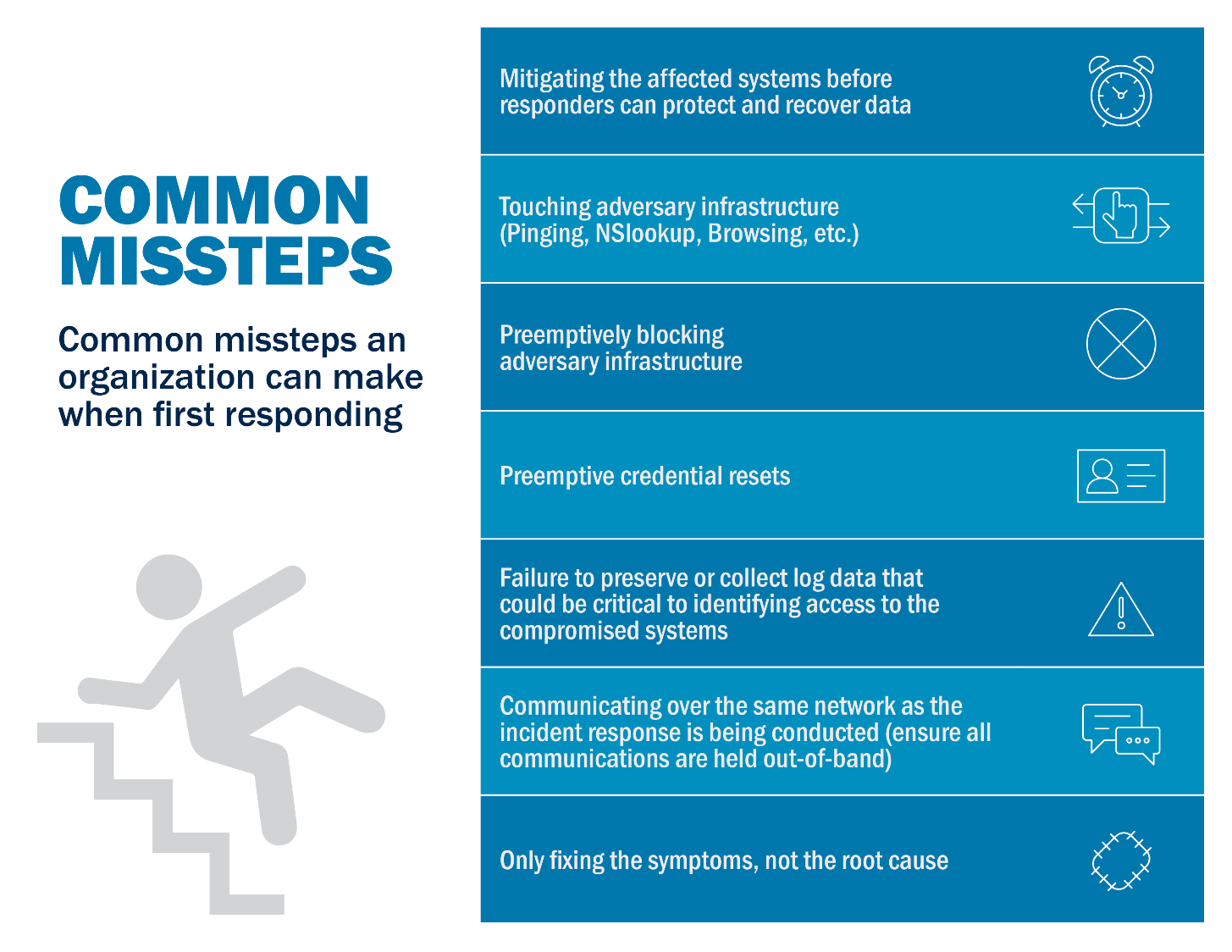Should the Military Protect the Election?
Editor’s Note: This essay is adapted from the John Kennard Eddy Memorial Lecture on World Affairs, delivered by the author in October 2020 at Ohio Wesleyan University.
Four years ago, the United States was the target of a coordinated foreign political influence campaign. Russian intelligence agencies set out to embarrass candidate Hillary Clinton by stealing emails from her campaign chairman, John Podesta, and releasing them online. Meanwhile, Russian internet trolls stoked divisions among Americans in an apparent effort to make everyone feel lousy about the state of our democracy.
Almost immediately after the election, the government and the private sector took action. Congress imposed sanctions on Russian individuals as punishment for their misdeeds. The Department of Defense and U.S. Cyber Command took a much more aggressive approach towards anyone who might use the internet for malicious purposes. And social media companies like Facebook and Twitter, under intense pressure, began taking steps to spot foreign manipulation.
None of these efforts have deterred Russia from trying again. Instead, officials have issued repeated warnings about the clear and present danger of foreign meddling in the current election. Congress, the intelligence community, and law enforcement leaders have all sounded the alarm. One particularly alarming note came in September, when Senate Democrats sent a letter urging new sanctions on Russian troublemakers. As they wrote, “there is virtually no national security threat more serious than that posed by those who would undermine confidence in, or the effective operation of, our democratic elections.”
These messages have gotten through. According to a recent survey by the University of California Los Angeles and the Democracy Fund, “Among the 39 percent of Americans who believe a foreign government has already interfered in the November election, 76 percent said it is somewhat or very likely to alter the election’s outcome.” These are deeply troubling numbers. They suggest more than just fears about election integrity in 2020. They suggest a widespread loss of faith in American institutions, and in the strength of American…


